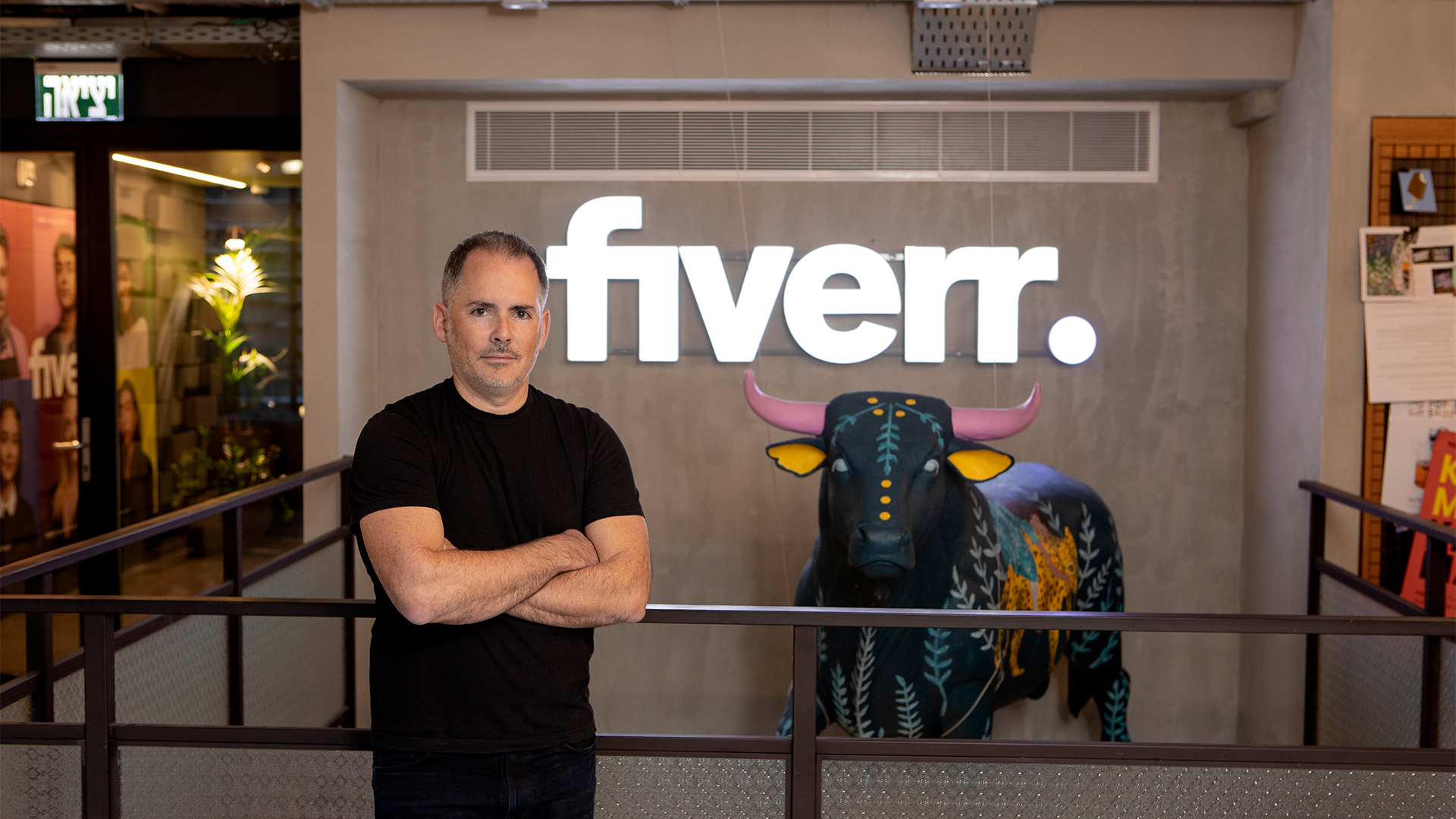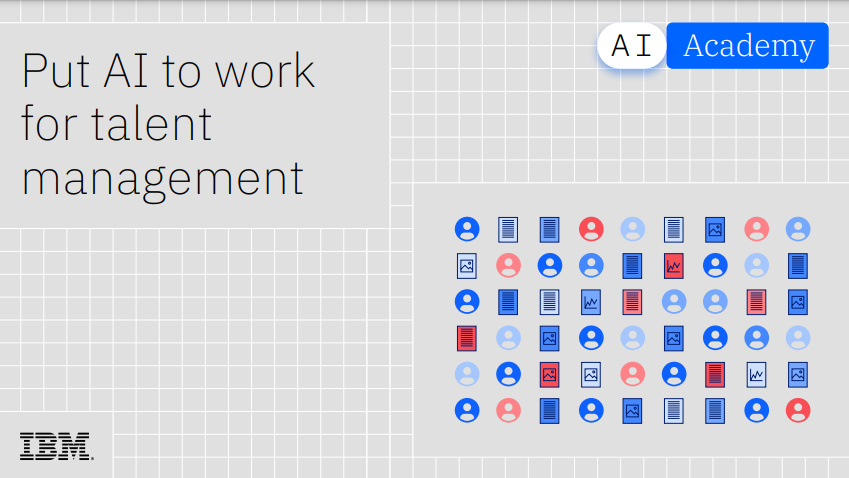Coding bootcamp vs computer science degree: Which is best for a career in tech?
We run through some of the main benefits and drawbacks of each option


When looking out to start a career in the tech industry, many people go down the route of taking a computer science degree. This tends to put one in good stead for being hired, given the range of skills developed throughout the course as well as the prestige of having a good degree on your CV.
However, degrees are not the only option when it comes to learning the skills needed for a job in the field of tech. Coding bootcamps, in which participants enroll for a few concentrated months to learn essential skills in a particular area of computer science, can also be a great way to train for a role in the tech world.
One might assume that the competition isn’t particularly close, but in addition to taking a much shorter period to complete, the depth of information offered at bootcamps can give their participants a competitive edge against computer science graduates.
Studies also show that the hiring rate for those finishing computer science degrees versus those finishing bootcamps is a lot closer than one might expect.
A recent LinkedIn survey using data from Burning Glass Technologies found that the top four tech bootcamps in the US all had hiring rates in related fields of at least 80% within a year. This is higher than the computer science departments at famous universities such as Stanford, the Massachusetts Institute of Technology, and the California Institute of Technology.
What is a coding bootcamp?
A coding bootcamp is a short course, usually around four months in length, which gives you lessons on a specific coding language, skillset or other such practical information within the computing field. These can include web development, UX/UI design, and data science.
Which teaches more?
A bootcamp can also offer more specialised knowledge on an area within computer science, and in a fraction of the time. For example, if one is seeking to learn web development, with an aim to apply the skills practically (for example, within a small business) there may be no need to branch out into the plethora of areas that a computer science degree also covers.
Of course, there are numerous factors backing a full computer science degree, and it’s impossible to name all the opportunities one might be given while studying at university. There is definitely a lot to be said for the opportunities for personal growth and networking available here, not to mention the topic areas that a degree will offer students that they might not otherwise have considered.
Which is more convenient?
Boot camps are arguably able to tailor their content more easily and within shorter time frames than a computer science degree. There is no doubt that given the course structure of any university degree has to be determined before commencement in September, and is rarely changed until the academic year has ended sometime in June or July, boot camps that may only run for several weeks have far more frequent opportunities to assess and alter their content.
This gives coding bootcamps more opportunities to capitalise on new IT trends and technologies, taking advantage of their increased agility to provide training in more modern capabilities.
On the other hand, universities can be some of the most cutting-edge research institutes in the country, and often boast academics who - alongside their taught seminars - are among the leading experts in their field.
With this in mind, one can see how computer science degrees can offer students information they are unlikely to be able to access anywhere else. The same is also true of university library access, with many institutions having an unparalleled breadth of information available to students through their library portals.
Another advantage to coding bootcamps is that they demand less commitment from participants. Once one starts a degree it is very difficult to leave the program, and if one does then one has to wait at least until the new intake of students in September to restart the degree from scratch.
In contrast, a 2019 report found that coding bootcamps only last four months on average, making them far less of a commitment than university courses and also allowing participants who do wish to drop out to quickly rejoin the program after a few months away.
Which is cheaper?
For the most part, this is a simple question to answer, although there are a few qualifying factors that quite dramatically change things for students depending on where they live.
The average coding bootcamp cost in the US is $13,584, which is far less than the $46,497 per year that US computer science students can expect to pay. At more prestigious universities, costs can be even higher, with MIT charging $77,020 per academic year.
However, in the UK the calculations run a little differently. Coding bootcamps can cost between £5,000-9,000, less than the £9,250 per year for a full time degree course that current computer science undergraduates can expect to shell out.
However, with the UK's student loan programme, none of the tuition fees are necessarily presented as an up-front cost to university students. Instead, students take out loans from the Student Loans Company, and pay them back as a percentage of their earnings once their salary goes above a certain pre-tax threshold.
With this in mind, prospective UK students are faced with a choice between lower up-front costs and larger debt at university, leaving the choice up to personal preference and consideration of the aforementioned pros and cons.
Conclusion
There are a number of reasons why someone might take either a computer science degree or a coding bootcamp. For price and convenience, bootcamps generally have the edge. There is also a strong argument for bootcamps as a factor for driving employability, with hiring statistics painting a good picture of the quality of skills one might learn at a coding bootcamp.
On the other hand, the benefits of a university degree in computer science are hard to quantify but nonetheless broad, from the networking and research opportunities one is afforded, to the potential for personal growth and discovery of a particular field of interest. For US students, the main hitch is the cost, which is admittedly eye-watering at some of the higher-regarded institutions.
Get the ITPro daily newsletter
Sign up today and you will receive a free copy of our Future Focus 2025 report - the leading guidance on AI, cybersecurity and other IT challenges as per 700+ senior executives

Rory Bathgate is Features and Multimedia Editor at ITPro, overseeing all in-depth content and case studies. He can also be found co-hosting the ITPro Podcast with Jane McCallion, swapping a keyboard for a microphone to discuss the latest learnings with thought leaders from across the tech sector.
In his free time, Rory enjoys photography, video editing, and good science fiction. After graduating from the University of Kent with a BA in English and American Literature, Rory undertook an MA in Eighteenth-Century Studies at King’s College London. He joined ITPro in 2022 as a graduate, following four years in student journalism. You can contact Rory at rory.bathgate@futurenet.com or on LinkedIn.
-
 Enterprises face delicate balancing act with data center sustainability goals
Enterprises face delicate balancing act with data center sustainability goalsNews High energy consumption, raw material requirements, and physical space constraints are holding back data center sustainability efforts, according to new research from Seagate.
By Emma Woollacott
-
 Cleo attack victim list grows as Hertz confirms customer data stolen
Cleo attack victim list grows as Hertz confirms customer data stolenNews Hertz has confirmed it suffered a data breach as a result of the Cleo zero-day vulnerability in late 2024, with the car rental giant warning that customer data was stolen.
By Ross Kelly
-
 Women show more team spirit when it comes to cybersecurity, yet they're still missing out on opportunities
Women show more team spirit when it comes to cybersecurity, yet they're still missing out on opportunitiesNews While they're more likely to believe that responsibility should be shared, women are less likely to get the necessary training
By Emma Woollacott
-
 ‘AI is coming for your jobs. It’s coming for my job too’: Fiverr CEO urges staff to upskill or be left behind
‘AI is coming for your jobs. It’s coming for my job too’: Fiverr CEO urges staff to upskill or be left behindNews The latest in a string of AI skills warnings has urged staff to begin preparing for the worst
By Ross Kelly
-
 IBM pledges support for UK government cyber skills program
IBM pledges support for UK government cyber skills programNews The CyberFirst Girls competition is aimed at increasing diversity in the cyber security workforce
By Emma Woollacott
-
 AI skills training can't be left in the hands of big tech
AI skills training can't be left in the hands of big techNews Speakers at Turing's AI UK conference lay out challenges to AI skills readiness
By Nicole Kobie
-
 Tech talent shortages mean firms are scrapping traditional recruitment strategies
Tech talent shortages mean firms are scrapping traditional recruitment strategiesNews With more than half of enterprise leaders worried about future skills shortages, many organizations are turning to a range of new techniques to expand potential talent pools.
By Emma Woollacott
-
 The UK’s AI ambitions face one major hurdle – finding enough home-grown talent
The UK’s AI ambitions face one major hurdle – finding enough home-grown talentNews Research shows UK enterprises are struggling to fill AI roles, raising concerns over the country's ability to meet expectations in the global AI race.
By Emma Woollacott
-
 Businesses know they have major skills deficits, but less than half plan on hiring more women
Businesses know they have major skills deficits, but less than half plan on hiring more womenNews Male IT leaders remain complacent about gender diversity despite widespread skills shortages
By Emma Woollacott
-
 Put AI to work for talent management
Put AI to work for talent managementWhitepaper Change the way we define jobs and the skills required to support business and employee needs
By ITPro